
This logo isn't an ad or affiliate link. It's an organization that shares in our mission, and empowered the authors to share their insights in Byte form.
Rumie vets Bytes for compliance with our
Standards.
The organization is responsible for the completeness and reliability of the content.
Learn more
about how Rumie works with partners.
Have you ever thought about creating a professional network?
Maybe you've been a teacher for a few years, or are newly qualified in your first teaching job and like to start a professional network. Perhaps you've got an education business and want to find partnerships but you aren't sure where to start.
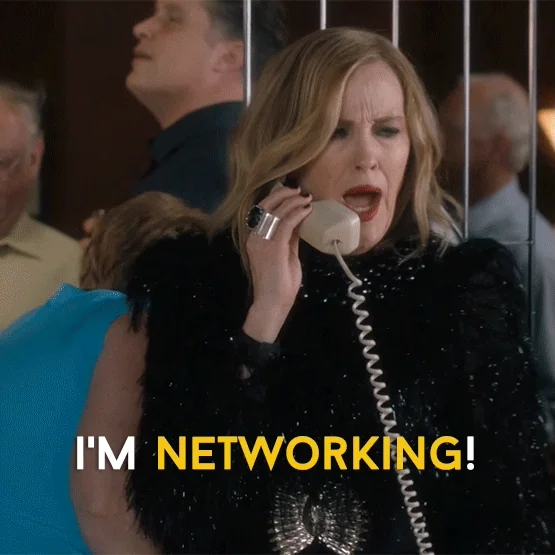
Successful networking can have many benefits for education professionals. It can lead to higher-quality job offers and higher job satisfaction. It can also gain support from high-profile individuals and create new opportunities. As a teacher, it helps you find new resources and build your skills to become a better teacher.
Why is networking important?
Networking is the idea of building connections and relationships with others in a specific field, industry, or interest to create opportunities and share ideas, connections, and information.
With the right network, you'll be the first to know about new job opportunities and innovations or to ask for advice.
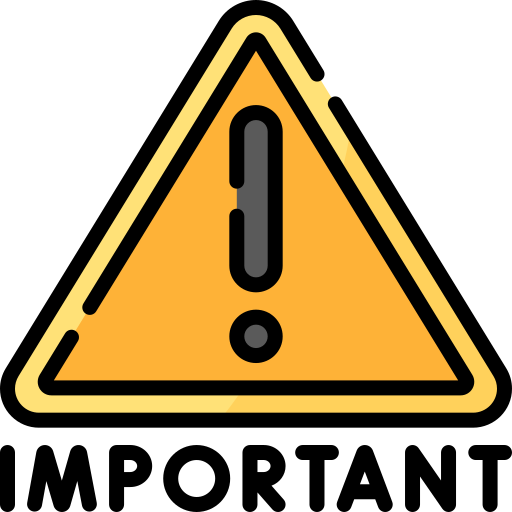
A professional network could be based on the following groups:
Current and former colleagues
Former classmates
Recruiters
Professors and teachers
Education associations
Professional networks on social media
What are your goals?
Try to clarify who you want to network with and the types of people who will be useful. Understanding why you want to connect with other people or groups will help you build a more strategic network.
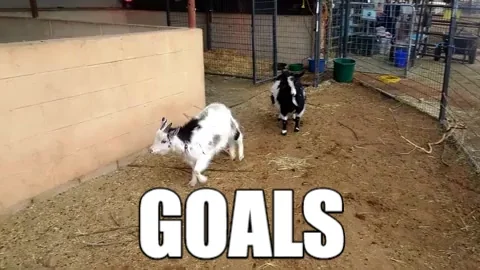
Consider why you want to connect with other people. Are you looking for:
Career advancement: Do you want a better teaching job?
Learning opportunities: Do you want to improve your teaching skills?
Mentorship: Do you want to help others?
Business partnerships: Do you want to improve your connections if you work for an education business?
These are important questions you should consider, as different people will be able to help you with different goals.
Use social media and online communities
Many different platforms allow you to create a profile and connect to people in different ways.
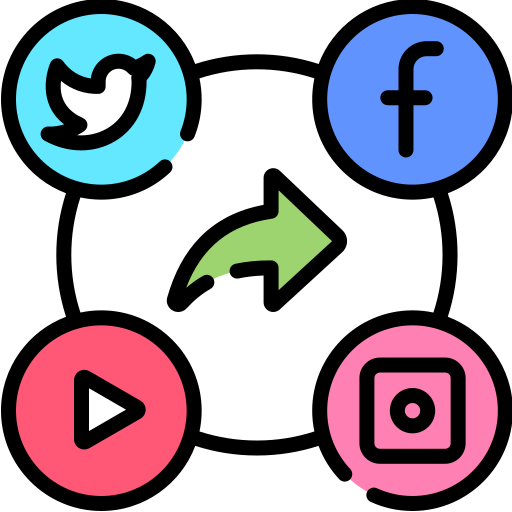
LinkedIn is a professional platform that can connect educators to employees of schools, school boards, education companies, etc.
Twitter (now known as X) allows educators to engage in real-time discussions about education.
Discord and Reddit have informal forums specifically for teachers to connect and offer advice.
Instagram is a great way for teachers to share knowledge and resources through photos and videos.
Quiz
Susan is a teacher and wants to build a more informal network online asking international colleagues advice. What sites could she use?
Linkedin is used for more professional networking and X/Twitter is used more for realtime networking.
Collaborate on educational projects
Collaborating is an excellent way to build connections and learn from peers. You could work on a lesson case study, organize a study group for a challenging subject, or mentor first-year students to establish relationships that may lead to future networking events.
 Photo by Octavian Dan on Unsplash
Photo by Octavian Dan on UnsplashAdditionally, you could participate in virtual global classroom projects where students from different universities collaborate to solve global challenges. All of these are great for expanding your network.
Connect with people
How do you connect with different people? Introducing yourself to network with other people can't be that difficult, can it?

Create a profile that states your expertise and what kind of educational contacts you're looking for. When sending messages to potential connections, try to personalize your message and mention a specific reason why you wish to connect with them.
Engaging in other people's posts by liking, commenting, or sharing them is a good way to indirectly connect with like-minded professionals. Also, try to share your thoughts in forums that you're interested in or where you need advice.
Effective collaboration
How do you make the most of connections from any educational projects you embark on? Using these tips can help make the most out of any potential connections:

Be open to new ideas and suggestions from people with different backgrounds and levels of expertise.
Communicate openly and be adaptable to let any relationship grow naturally.
Don't expect immediate results. Instead, focus on building long and mutually beneficial relationships.
Show gratitude to anyone who gives you support for their time and effort.
Take Action
It's now time to create your own educational network!
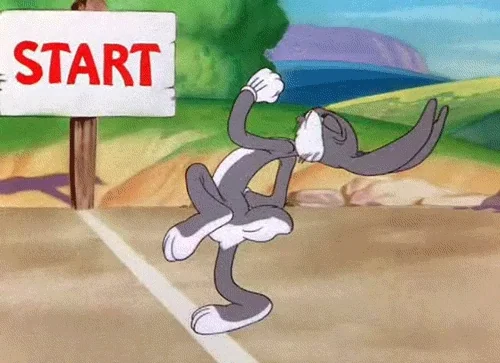
This Byte has been authored by
Stuart Brown
English Teacher
PGCE